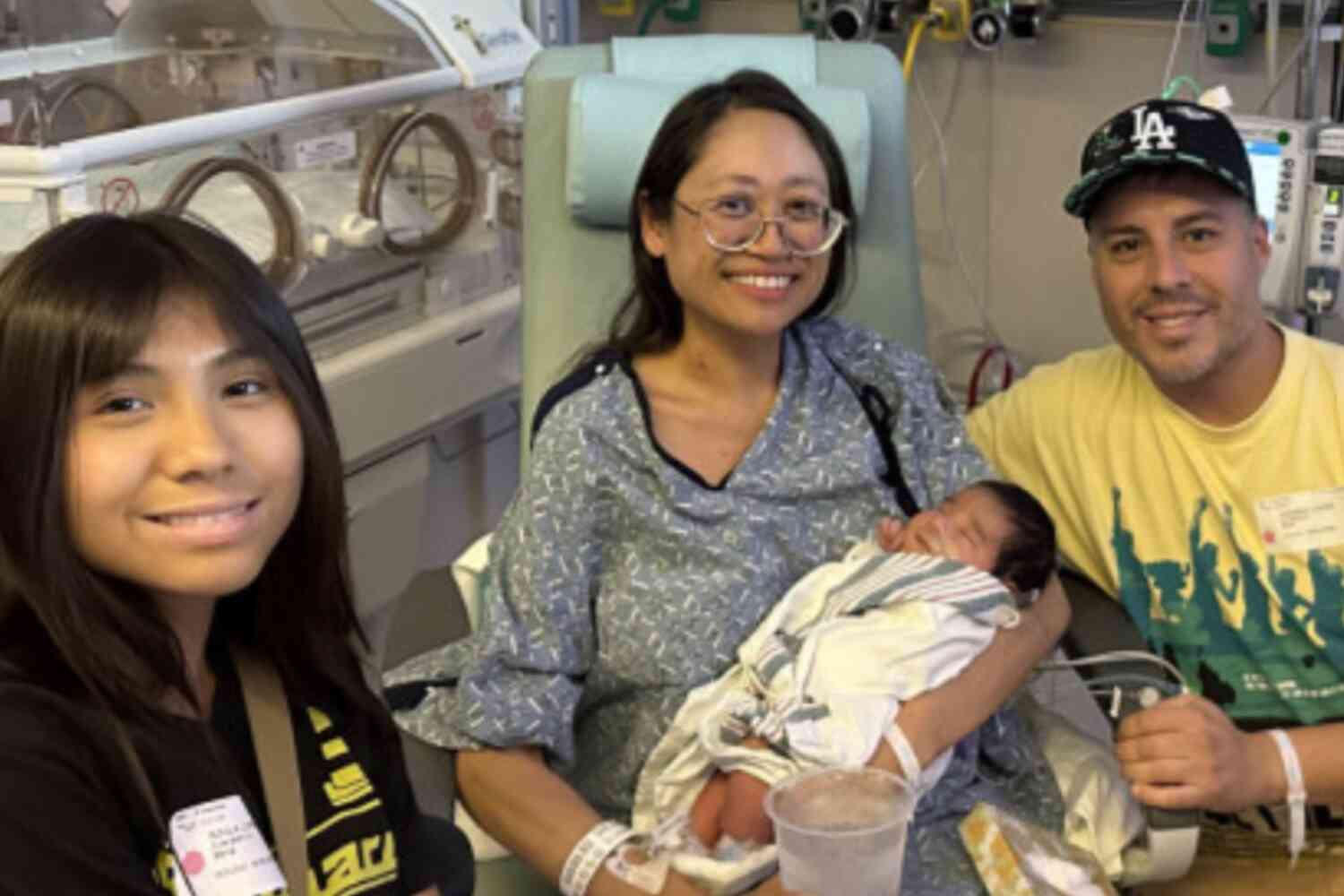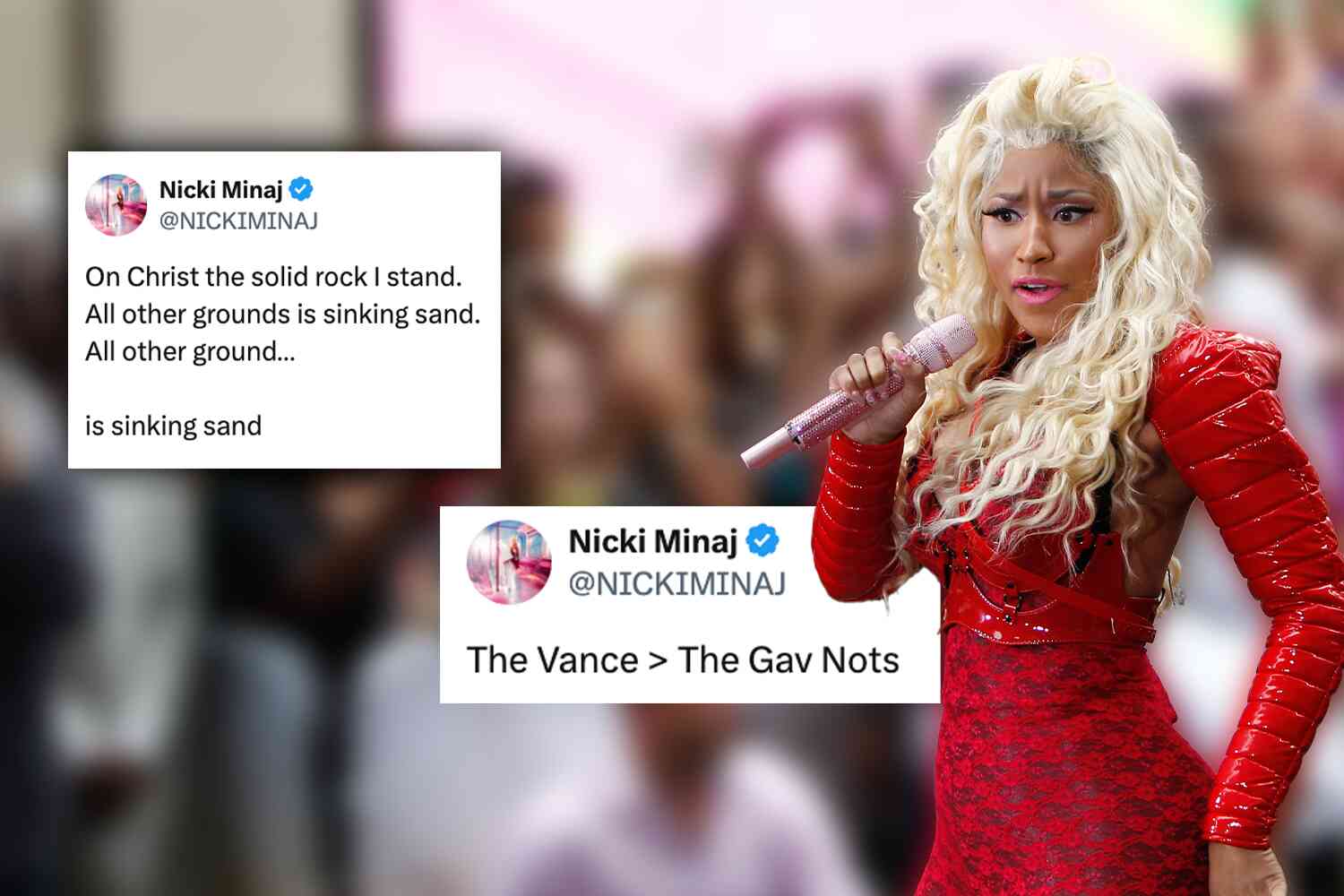There's no word on whether the CDC is considering recommending the homemade cloth masks you made out of the snoopy pajamas your son outgrew last winter, but it is trying to convince healthcare workers that surgical masks are basically as effective as N95s now.
Of course, the CDC still 100% believes healthcare workers should wear an N95 mask when dealing with COVID-19 (or more specifically SARS‑CoV‑2 which causes it), the disease that is dangerous to a clearly defined and easily identified subset of the population consisting primarily of the old, and/or very sick. After all, it is imperative that young healthy people remain terrified of Covid. The more terrified they are, the easier it will be to deal with them when it's time to mandate the 15-minutes cities that await us all.
How about other kinds of infections such as influenza (seasonal flu) and the pneumonia that can accompany them and which together are at least as deadly, particularly for children, as COVID-19?
The draft controversially concluded that N95 face masks are equivalent to looser, surgical face masks in certain settings — and that doctors and nurses need to wear only surgical masks when treating patients infected by "common, endemic" viruses, like those that cause the seasonal flu.

I know what you're thinking: "Where did I put that Snoopy face mask?"
Also, "Why would a surgical mask be effective against one virus, and not another, very similar virus?"
You're not the only one asking that question and many more.
National Nurses United (NNU), the largest union of registered nurses in the nation, delivered a petition on Monday signed by nearly 11,000 individuals and organizations, including 11 unions and 45 public health, occupational health, and patient advocacy organizations collectively representing more than 6 million members across the country, to the Centers for Disease Control and Prevention (CDC) and its Healthcare Infection Control Practices Advisory Committee (HICPAC), urging them to fully recognize aerosol transmission of SARS-CoV-2 and other respiratory pathogens and to strengthen the CDC's Isolation Precautions guidance, which has not been updated since 2007.
The guidelines don't even agree with the CDCs own internal studies, flawed though they may be. I mean, if you're going to be flawed, at least be consistently flawed, otherwise you come across as craven power mongers with hidden agendas as opposed to merely incompetent (I suspect both).
Their conclusion runs contrary to the CDC's 2022 report, which found that an N95 mask cuts the odds of testing positive for the coronavirus by 83%, compared with 66% for surgical masks and 56% for cloth masks. It also excludes a large clinical trial published in 2017 finding that N95 masks were far superior to surgical masks in protecting health workers from influenza infections. And it contradicts an extensive evaluation by the Royal Society, the United Kingdom's national academy of sciences, finding that N95 masks, also called N95 respirators, were more effective against Covid than surgical masks in health care settings around the world.

As NNU President Zenei Triunfo-Cortez, RN put it.
The draft updates are anti-science and put nurses, other health care workers, and patients at risk by proposing that surgical masks are adequate protection against aerosol-transmitted diseases, among other alarming updates.
Not to worry, the CDC is open to such commentary.
"We are very happy to receive feedback," Alexander Kallen, chief of the Prevention and Response Branch in the CDC's Division of Healthcare Quality Promotion, told KFF Health News.
You can tell how happy they are to receive feedback by the way they happily cut off comments at their last public meeting after only 14 people had spoken.
Many members of the public registered to provide comment at yesterday's meeting. Those who spoke expressed concerns and outrage about the process and potential ramifications for patients and communities. Despite recognizing that more had registered to speak, the CDC cut off public comment after hearing from only 14 people.

The CDC's unbridled joy in receiving feedback can be further witnessed in its ecstatic elation at ignoring experts who are not in lockstep agreement with their preferred narrative.
This comes on the heels of significant criticism of the lack of transparency in CDC/HICPAC's process and the committee's failure to engage a wide range of experts with important expertise, including direct care health care workers, unions, aerosol scientists, respirator and ventilation experts, and occupational health experts.

It's almost enough to make you miss Mr. Science himself.
Almost.

P.S. Now check out our latest video 👇









